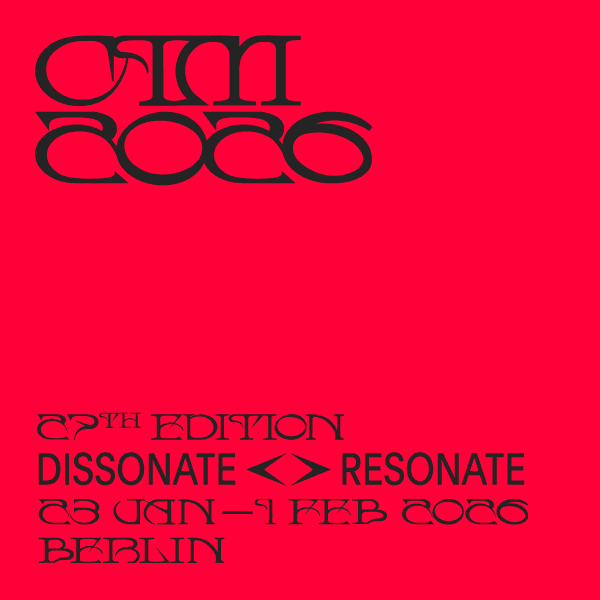The Danish Music Review
The Danish Music Review
The Fiftieth Anniversary of the Music-
Pedagogical Association
(199-303)
This year fifty years have passed since the foundation of the ""Music-Pedagogical Association"". On this occasion Sigurd Berg, music-author and editor, has written a comprehensive paper in short dealing with the history of Danish music-pedagogics until about 1800, and furthermore he gives a detailed account of the history of the Association and herewith its utmost difficult conditions during its growth.
As a supplement to this paper Viggo Forchhammer in this article gives some few memoirs from the history of the Association.
The Royal Danish Music Conservatory
- State Conservatory -
(203-204)
From the first January 1949 the Royal Danish Music Conservatory which has hitherto - with a steadily increasing subsidy from the state - been a private institution will become a state institution similar to other High Schools in Denmark. Chr. Christiansen, the present director of the conservatory, summarizes the history of the conservatory since its foundation in the year of 1867. The possibilities for the founding of a music conservatory in Copenhagen were given when P. W. Moldenhauer, the jeweller, according to a testamentary decision gave his entire capital for this purpose. The best teachers (at that time men as f. inst. N. W. Gade, I. P. Hartmann) were taken out for the conservatory which had to remove from time to time to still larger localities.
In the course of time the demands to the musician and to the pedagogue have been raised considerably, but it has not been possible to realise a reorganization of the conservatory under the actual financial situation and the leaders of the conservatory have thus worked at their best in order to obtain the most favourable solution for the future of the conservatory: the economical guarantee of the state.
Art and Etude
(206-207)
Sverre Forchhammer, the music critic, raises the problem if the composer Knud Age Riisager and the coreographer Harald Lander with their ballet "Etude" (composed on the basis of C. Czerny's etudes) have succeeded in creating an artistic performance. He blames Sv. Kragh-Jacobsen, the ballet critic, who reviewed the work ind D.M. no. 7, for not having seen "Etude" from an artistic point of view, but by exclusively emphazising the ballettechnical skilfulness of the dancers which in the opinion of Forchhammer is absolutely different from art in the proper sense of the word.
Danish Music on Records
(216-217)
In this and following articles Frede Schandorf Petersen writes about the latest recordings of Danish music. This time he specially deals with Carl Nielsen whose two great works, the second symphony ("The Four Temperaments") and the Clarinet Concert from 1928, are now available, for the first time in the case of the Clarinet Concert, with Louis Cahuzac, the excellent French clarinet player, as a soloist. Both works are considered utmost succesful in these recordings, worthy of spreading the name of Carl Nielsen throughout the world.

